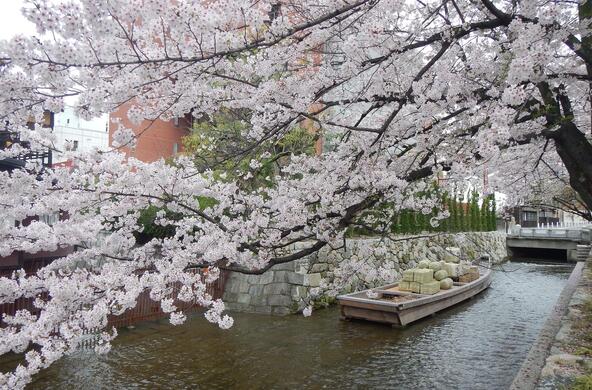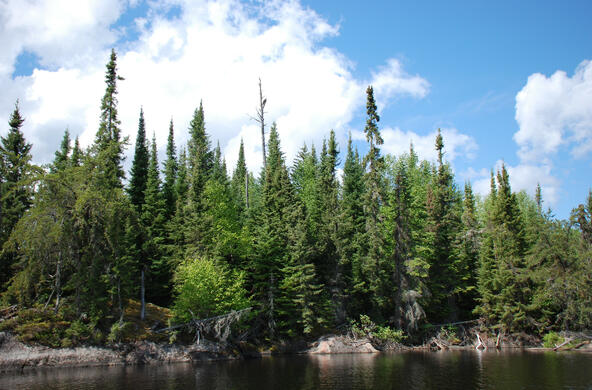Ecologists study phenology, which is the orderly progression of seasonal events in nature, such as the springtime arrival of migrating birds, the first chorus of spring peepers in vernal pools, and the development of tree colors each autumn. Many of these events coincide with predictable seasonal changes, such as the last winter frost or the expected appearance of springtime insects. Indeed, the timing of some events is so regular and predictable that it is likely because of long-term natural selection against the survival of individuals that emerge too early or arrive too late.
The timing of phenological events is changing in response to ongoing climate changes worldwide. On one hand, we should welcome some changes, such as the earlier arrival of birds in spring, since they show wildlife can adapt to shifts in global climate. On the other hand, there are troubling cases in which birds arrive before the seasonal emergence of the insects essential to their diet and the feeding of their young. Evidently not all species respond to the same natural cues in the same way. And this means that, unless their diet is flexible, some species might simply go extinct.
Last summer, we examined trends in the springtime arrival of 44 common birds in Dutchess County. For historical comparison, we relied on records kept by the Waterman Bird Club, which date back to 1885. We found 40 bird species had an earlier arrival, averaging about 12 days earlier in 2008 than in 1885. Recent studies show similar changes in the arrival of species at Mohonk Preserve in Ulster County, as reported in this newspaper several weeks ago.
In our study, the species showing the greatest response to global warming is the killdeer, now arriving 53 days earlier than it did a century ago. And in just a few days, we'll begin hearing the mating call of woodcock in our local wooded wetlands; woodcock are now arriving 51 days earlier than in 1885. Some southern species that have moved northward in recent years no longer leave for winter at all.
Similar phenology studies have documented earlier springtime flowering of plants in Boston and breeding amphibians in Europe. Interestingly, changes in autumn, such as a delayed southward bird migration because of warmer autumn temperatures, are much harder to document. Unraveling the causes and consequences of these changes will form an important agenda for ecologists in the next few years.
While we should be thankful some species can respond to climate change, we should be worried the onset of global warming may be too fast and the degree of change too large for all species to respond appropriately. All species can adjust to gradual change, but periods of rapid climate change are associated with the greatest species extinctions in the geologic record. The current warming trends are greater than any seen on Earth since the end of the last glacial epoch, about 12,000 years ago.
We should be worried about changes in the range of some species, such as major crop pests and pathogens, which may move northward into areas previously unsuitable for their survival. We should also worry about changes in springtime arrival that do not coincide with similar changes of other coevolved species in nature.
In any case, research to understand how nature will respond to rapid climate change is essential if we are to help plan the best response to global warming during this century.
Jessica Vitale is a senior biology major at Brandeis University; last summer she took part in the Cary Institute's Research Experiences for Undergraduates Program in Millbrook. The program is supported by the National Science Foundation; Cary Institute President William H. Schlesinger was her adviser.





